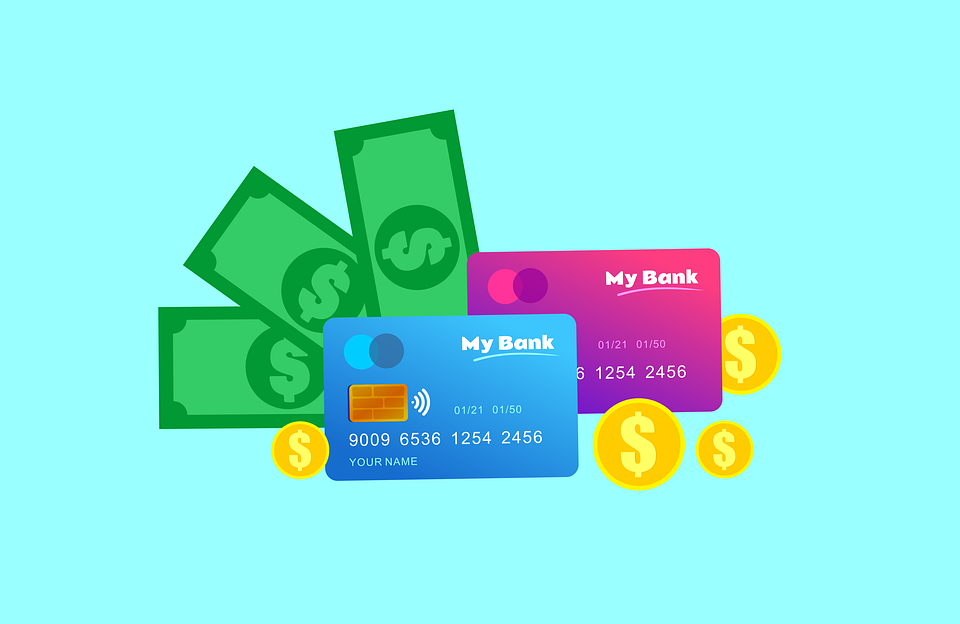Debt consolidation can be a lifesaver. For example, with the best debt consolidation loans from Handy Finance, you can lower the interest rate on your loans and avoid debt stress by bringing everything together. However, it’s easy to think that this is a one-size-fits-all solution. Before you decide to get a consolidation loan, you need to properly evaluate the lender and the product to ensure you choose the right one. There are then habits you need to change from there.
If you are looking to consolidate your debt, here are some tips to help you avoid potential setbacks.
Overlooking Fees and Hidden Costs
Debt consolidation is meant to ease the pressure of multiple loans and save on interest rates. However, if you are not keen, hidden fees and other costs can erode all these savings.
Some of the most common fees to watch out for are:
- Balance Transfer Fees: Some lenders, especially credit cards, charge a percentage of the amount you transfer to them.
- Origination Fees: This is a one-time payment that many personal loan lenders charge to process an application. It’s usually a percentage of the loan amount and is deducted before you receive the funds.
- Early Repayment Penalties: Some consolidation loans charge a fee if you decide to pay off the loan earlier than planned.
Different lenders have different terms for loan consolidation. Before you jump on a product, ensure you read the fine print. Get a list of all the fees charged and their percentages. From there, compare them with what you are currently paying as well as other lenders. This will help you avoid fees that can erase the benefits of consolidation.
Choosing a High-Interest Personal Loan
Choosing the wrong loan can end up costing you more in the long run. If you choose a loan that has the same interest or even a higher one, you’ll end up losing money.
This trap is easy to fall into as high-interest personal loans are packaged to be appealing. They often have an easy application process, and the approval criteria is also flexible. However, they charge more than other products and often have hidden charges.
Before you take out a debt consolidation loan, confirm that it charges lower rates than your credit cards. Shop around and compare offers. If you find that a high-interest personal loan is the only option available, you can consider alternatives like a balance transfer credit card or paying high-interest loans first.
Extending the Loan Term Too Long
One of the biggest appeals of debt consolidation is that you can reduce the amount of monthly payments. However, this is only a short-term relief. When you take a long time to pay your loan, you end up paying much more than you would have done without debt consolidation. It’s also easier to rack up other debts, wiping out all your benefits and worsening the situation.
Instead of getting tempted by low monthly payments, try to find a balance that can help you minimise interest costs and get out of debt faster. Consider what you can reasonably afford every month and the cost of consolidation. Apart from that, try to free funds from other expenditures that are not mandatory.
Ignoring the Impact on your Credit Score
Debt consolidation will affect your credit score, but this can be in a positive or negative way. Initially, it will see a blip as the lender will make a hard inquiry on your credit report. If you miss payments, the score will drop even further.
However, you can use the consolidation to improve your score. After the temporary drop, don’t apply for other forms of credit soon. You should then ensure you pay the consolidated debt on time and don’t miss any payments. This will improve your score over time and help you avoid huge balances.
Sticking with Your Credit Card Habits
Debt consolidation is not a fresh start. While you may free up some extra cash, it’s not time to go back to your credit cards. If you slip back into your old habits, you’ll rack up more debt and soon realise that you only shifted the debt around.
Once you consolidate your debt, put away your credit cards. Develop new habits that rely on spending cash, as this will also limit your expenditure. Consolidation can only be powerful if paired with good spending habits, so take it as an opportunity to move toward a debt-free future.


































